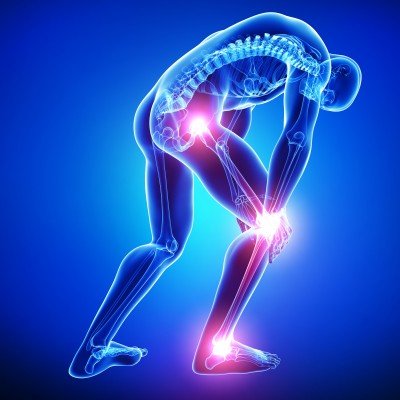
Hand Surgery is surgery of the hand, the wrist and the peripheral nerves of the upper limb. It also encompasses reconstructive surgery that improves upper limb function. Many disorders and injuries of the hand are treated without surgery, using splints, taping, injections and hand physiotherapy.
A typical hand surgery operation is performed as a day-case under a regional anaesthetic (injected in the armpit or above the shoulder, to numb the entire arm); the patient is awake or lightly sedated, according to preference. General anaesthesia and/or overnight stay in hospital are unusual but are required for some operations on the hand, such as in children or when surgery is prolonged. A few operations can be performed under local anaesthesia (injected beneath the skin at the site of surgery).
